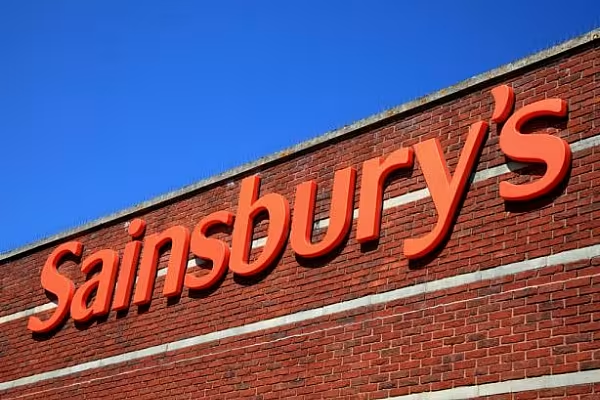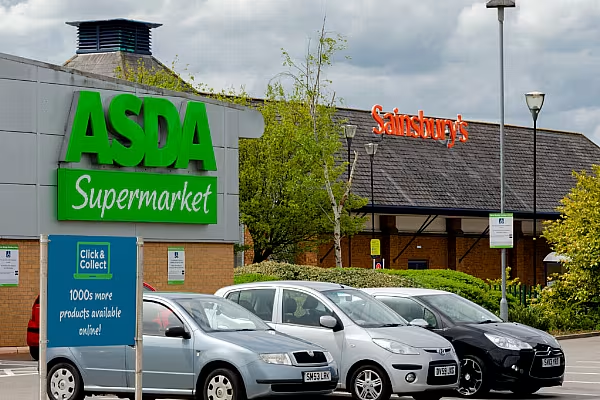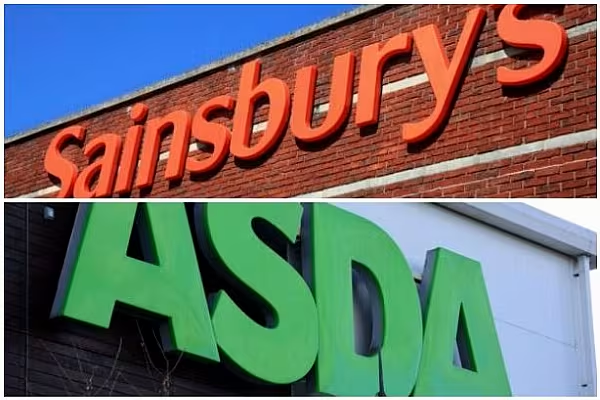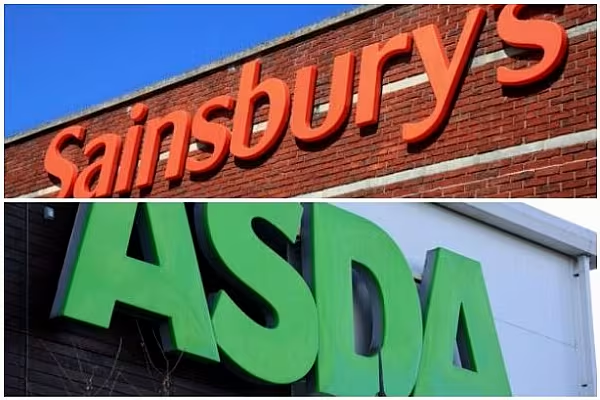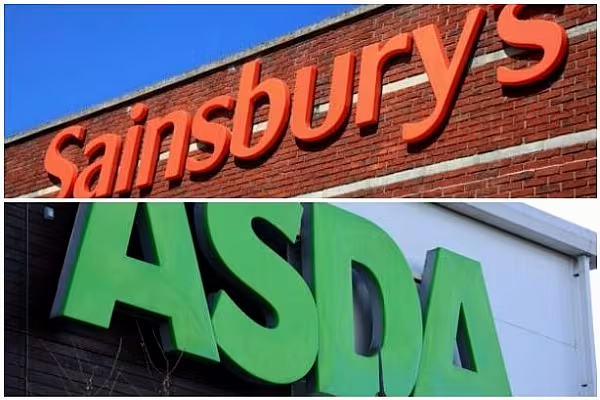The Sainsbury’s and Asda merger is ‘likely’ to cost thousands of jobs, as ‘supplier businesses go to the wall or become victims of a takeover as a result of increased pressure on margins’.
This comes from Plimsoll Publishing, a business analyst firm, which made the statement after Britain’s competition regulator, the Competition and Markets Authority (CMA), recently invited all interested parties in the proposed deal to submit their views before 4 June.
Plimsoll has highlighted the food-manufacturing industry as the area most likely to be hit hardest by the merger of the UK’s number-two and -three supermarkets.
Too Much To Bear
Of the UK’s 500 largest food manufacturers analysed by Plimsoll, 125 are already considered ‘in danger’, according to the company’s independent financial modelling. A further 73 are marked as ‘loss-making’ and in a vulnerable position.
‘While average profit margins in the sector are sitting at a fairly healthy 4%, Plimsoll believe some food manufacturers will not be financially robust to withstand a shake-up of this magnitude in the grocery retail sector,’ the report highlighted.
When the potential merger was announced, Sainsbury’s CEO, Mike Coupe, said that it would result in price cuts on everyday products of 10% and deliver £500 million in cost savings and other benefits, largely as a result of improved efficiencies and better deals with suppliers.
David Pattison, a senior analyst at Plimsoll, said, “Improved efficiencies may be one area of cost savings for the newly combined Sainsbury’s and Asda, but any more downward pressure on supplier prices will make it incredibly tough for food suppliers, ultimately costing jobs in the long run.
“If the deal goes ahead, I can see a period of acquisitions, takeovers and mergers, as supermarket suppliers fight for survival in a race to the bottom on price,” Pattison added.
Cashing Out
Plimsoll noted that many food suppliers are already undergoing a series of issues and strains on their businesses. They already have to adapt to higher costs from auto-enrolment pensions and the Living Wage campaign.
In addition, the weaker pound created as a result of Brexit has led to a sense of uncertainty in the industry. Further reductions in price as a result of the merger could result in a number of manufacturers selling their business.
Of the 500 leading food manufacturers recently analysed by Plimsoll, 161 were already deemed 'prime for acquisition'.
Pattison said, "The industry as a whole is going to be forced to tighten its belt, and suppliers will be looking to scratch increased margins from wherever possible.
"Doing business will become harder, as more stringent financial controls are introduced in an effort to reduce exposure from both suppliers and customers going bust, and it is the small supplier who will suffer most," he added.
He concluded, "Ultimately, the consumer might well end up paying the price as a consequence of this merger, with less consumer choice or lower-quality products."
Past research from Maximise UK found that, in order to proceed with the merger, Sainsbury’s and Asda would have to sell at least 73 supermarkets to appease the CMA, despite the fact that Mike Coupe ensured that there would be no need for any closures.
© 2018 European Supermarket Magazine – your source for the latest retail news. Article by Aidan O'Sullivan. Click subscribe to sign up to ESM: European Supermarket Magazine.
